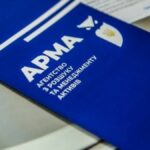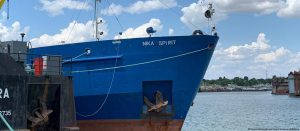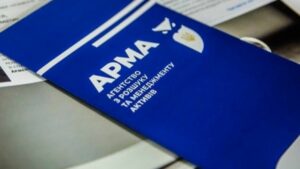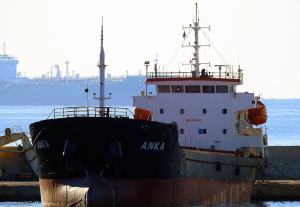ARMA will carry out full identification of seized assets for the first time in 10 years
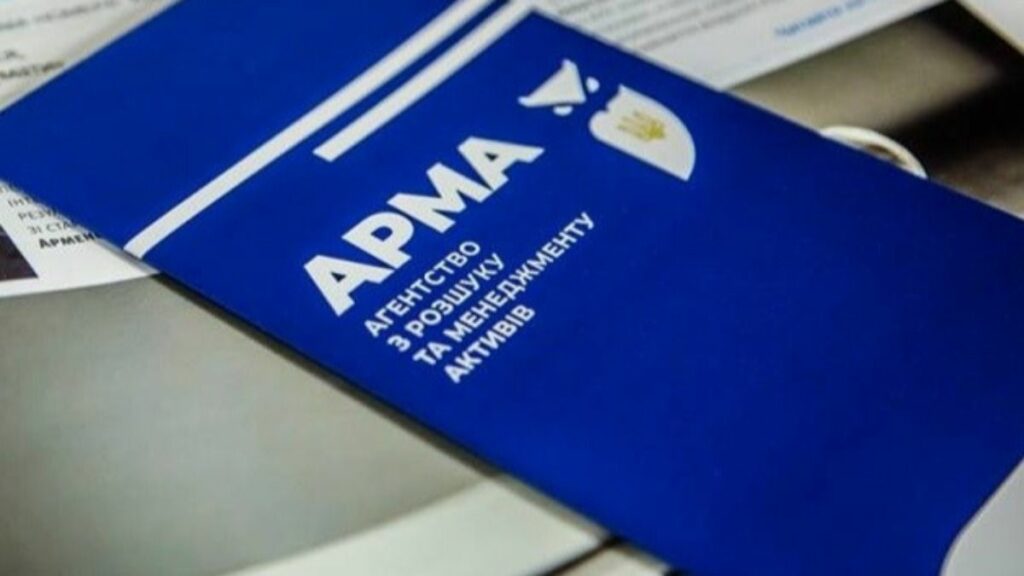
The National Asset Management and Tracing Agency (ARMA) has begun a system reboot.
For the first time in 10 years of the Agency’s work, a full identification of seized assets is being carried out, ARMA said.
Regional divisions must complete this work by December 15, and the updated Management Department will summarize the results and propose further steps by the end of the year.
In parallel, the agency has developed a new procedure for identifying seized assets, which establishes a clear procedure for their transfer from law enforcement agencies to ARMA. The document has already been agreed with the BEB, NABU, SBU, National Police and SAP, and is currently undergoing final approval with the State Bureau of Investigation and the Prosecutor General’s Office.
The new Regulation on ARMA, approved by the government on November 13, allows for a deep organizational restructuring. It provides for the creation of an internal security unit, separate functions for the identification and preservation of assets, as well as the separation of management powers that previously created corruption risks.
ARMA announced that it had launched a comprehensive audit of its activities with the participation of international partners. All violations identified will be thoroughly checked, and the guilty will be held accountable.
“We are launching something that we have not done for 10 years — full identification of all assets. At the same time, we are creating an internal security system and attracting international auditors. Each asset must be accounted for, each violation investigated, and each guilty person punished. This is a matter of trust in the state. ARMA must work so that the income from the arrested assets works for the defense and economy of the country,” commented the acting head of ARMA Yaroslava Maksymenko.
Earlier, USM reported that the government had instructed to inspect Ukrzaliznytsia and other state-owned companies against the backdrop of the NABU investigation.
